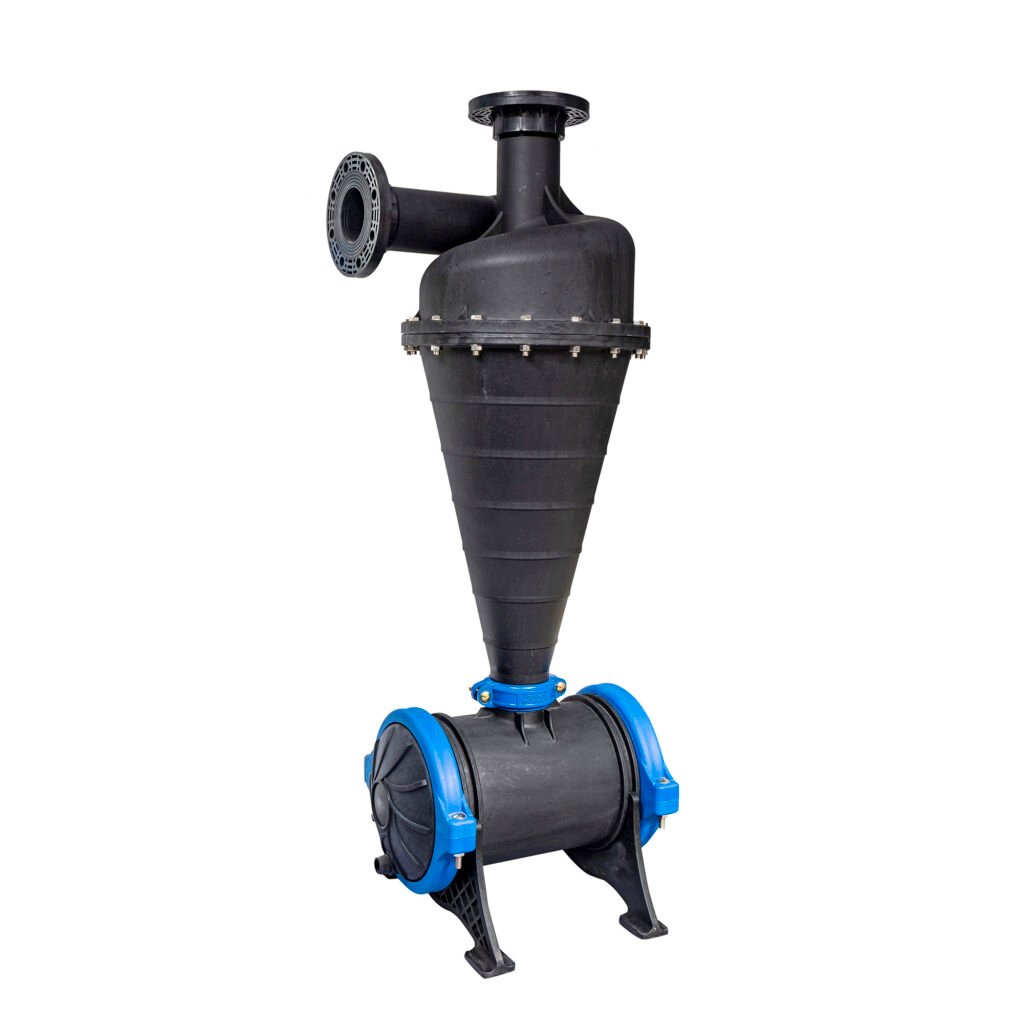Irrigation is an essential part of modern agriculture, ensuring crops receive adequate water to grow and thrive. However, water sources can contain sediment, debris, and other particles that can clog irrigation systems and damage crops. That’s where irrigation centrifugal filters come in. These filters use centrifugal force to remove particles from the water before it reaches the irrigation system, ensuring clean and efficient water flow. In this article, we’ll explore how these filters work and their benefits for agriculture.
How Irrigation Centrifugal Filters Work
Irrigation centrifugal filters work by spinning water in a circular motion, creating a centrifugal force that pushes particles to the outer edge of the filter. The water is then forced through a screen, which traps the particles and allows the clean water to pass through to the irrigation system. The size of the particles that can be removed depends on the mesh size of the screen. Irrigation centrifugal filters can remove particles as small as 75 microns, which is smaller than the width of human hair.
Benefits of Irrigation Centrifugal Filters
- Increased Efficiency: By removing particles from the water before it reaches the irrigation system, centrifugal filters can improve the efficiency of the system. Clean water flows more easily through the system, reducing the risk of clogs and improving overall performance.
- Reduced Maintenance: Clogged irrigation systems can be time-consuming and costly to repair. By removing particles from the water, centrifugal filters can reduce the need for maintenance and repairs, saving time and money.
- Improved Crop Quality: Clean water is essential for healthy crops. By removing sediment and other particles from the water, centrifugal filters can improve the quality of the water, leading to healthier and higher-quality crops.
- Environmental Benefits: Using centrifugal filters can reduce the need for chemical treatments and other harsh methods to remove particles from water. This can lead to a more environmentally friendly irrigation system.
In conclusion, irrigation centrifugal filters are an effective and efficient way to remove particles from water used in irrigation systems. By improving the efficiency of the system, reducing maintenance, improving crop quality, and providing environmental benefits, these filters can be a valuable addition to any agricultural operation. With the ability to remove particles as small as 75 microns, these filters provide a high level of filtration and ensure that crops receive clean and healthy water.


